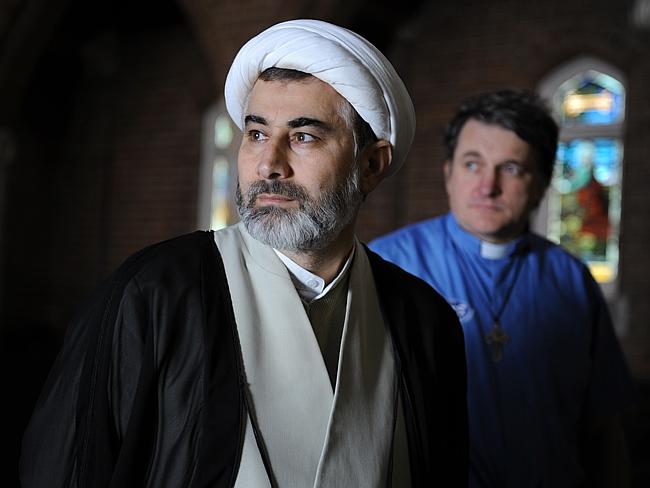
RNA - The Geneva-based committee ruled on Thursday that Australia’s decision to deny Mansour Leghaei a permanent visa “constituted arbitrary interference with (his) family and hence violated Article 17 and Article 23 of the International Covenant on Civil and Political Rights (ICCPR).”
The UN body said Leghaei “had lived more than 16 years legally in the territory of (Australia), without ever being charged or warned by the domestic authorities as regards his personal conduct.”
"When I read the verdict I was in tears of joy," Sheikh Mansour Leghaei told Fairfax Media on Thursday, "because I thought, at last, I may be able prove to Australians that I did not betray them."
It is almost five years since he was forced to return to Iran with his wife and teenage daughter, leaving behind three adult sons in Sydney.
The committee, made up of 18 independent rights experts, also urged Australia to provide the Iranian man “with an effective and appropriate remedy, including a meaningful opportunity to challenge the refusal to grant him a permanent visa; and compensation.”
Leghaei left Australia in 2010 after authorities said there were “compelling reasons of national security” for the visa refusal, which compelled his family to choose whether to accompany the 54-year-old cleric or stay behind.
His wife and Australian-born daughter, who was 14 at the time, also left Australia although they were permitted to remain.
"We are very grateful," his 25-year-old son, Ali, said. He and brother Reza have married in their father's absence, while Dr Leghaei is yet to meet his first two grandchildren delivered by the wives of Reza and his 30-year-old twin, Sadegh.
ASIO had no obligation to tell Dr Leghaei, as a non-citizen, why he was suspected of "acts of interference". And his common-law right to procedural fairness was overridden by the risk to national security in disclosing ASIO's reasons, the Federal Court found.
R111/108/A/